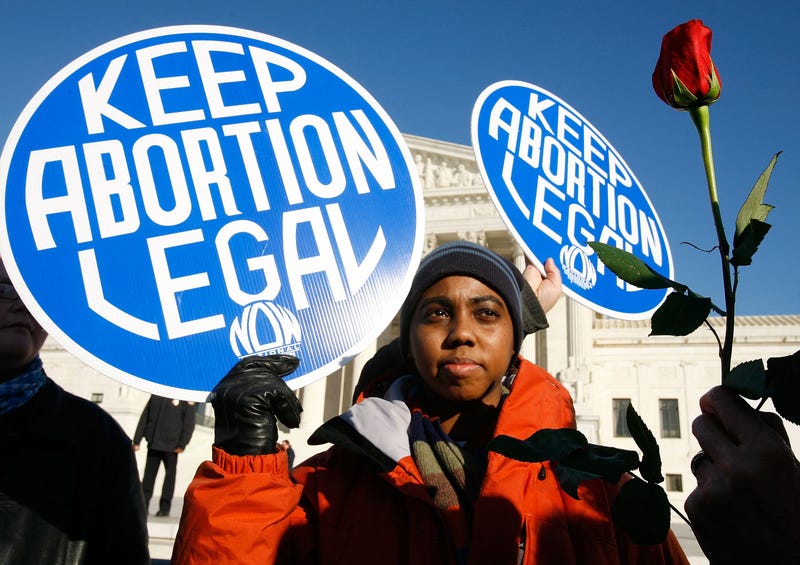NEW YORK (1010 WINS) -- The Supreme Court has officially overturned Roe v. Wade.
While all American women will feel the effects of the court's decision in some way, Black women and other marginalized communities could experience a deeper impact due to a history of social, political, and economic equality.

On this episode of Beyond Black History Month, listen as Beulah Oseuke, the Deputy Director at New Voice for Reproductive Justice breaks down how reproductive rights and racial justice are related.
Speaking with Dr. Jennifer Lincoln, a Portland-based OB-GYN, we also unpack what this ruling means for the future of the country.
